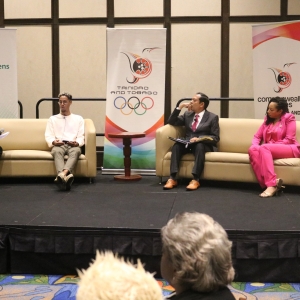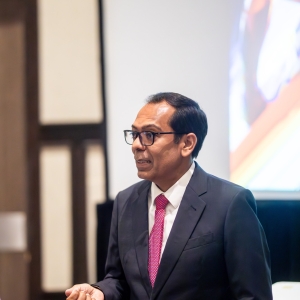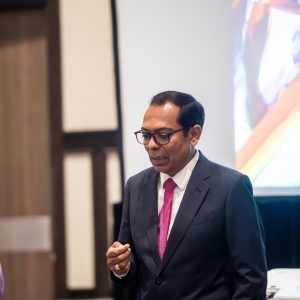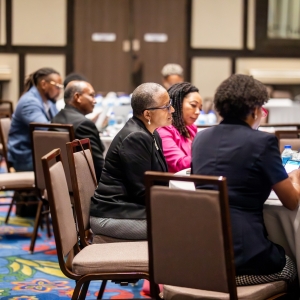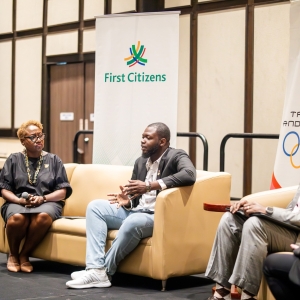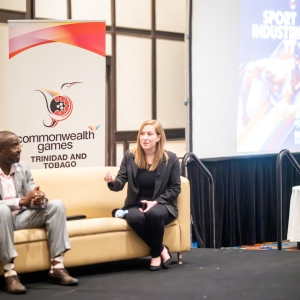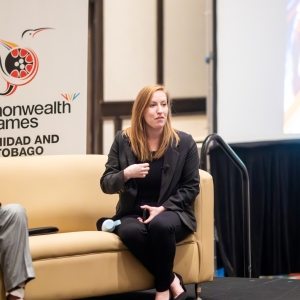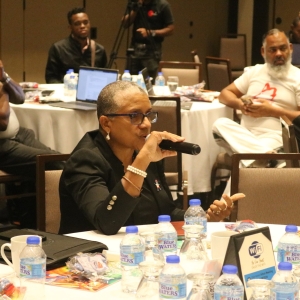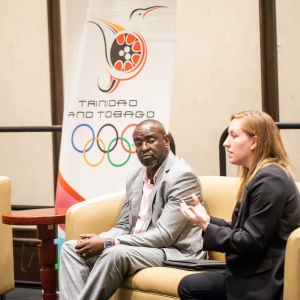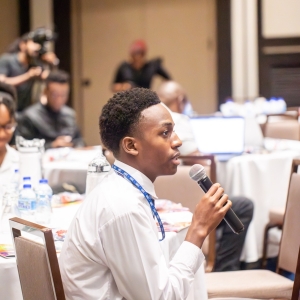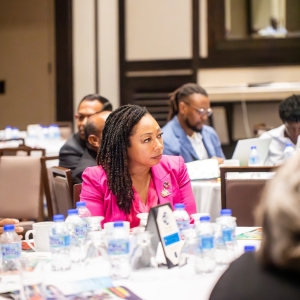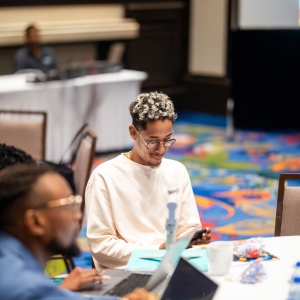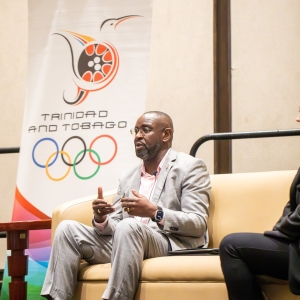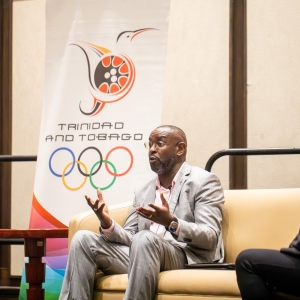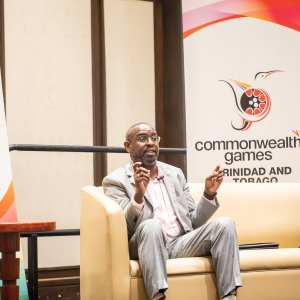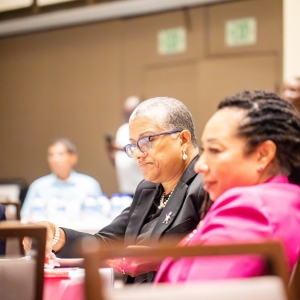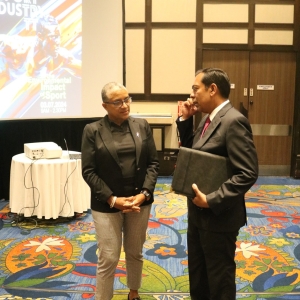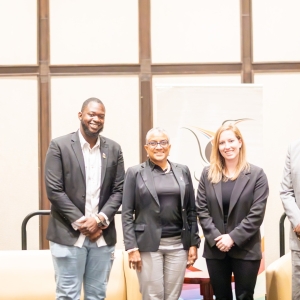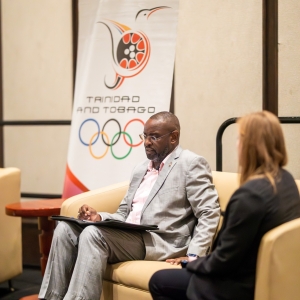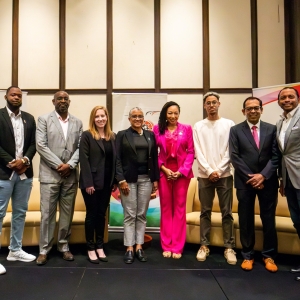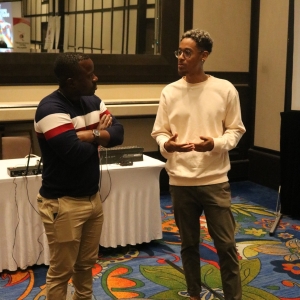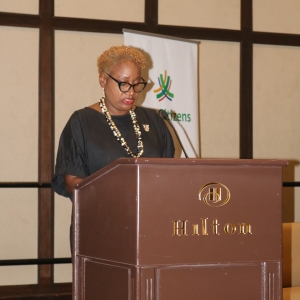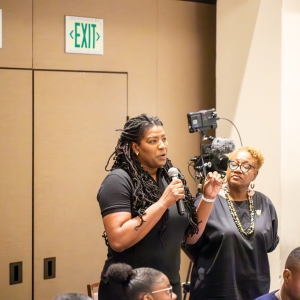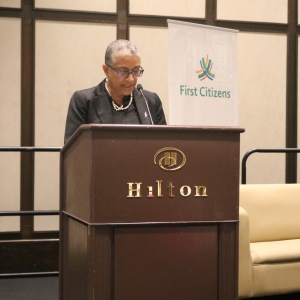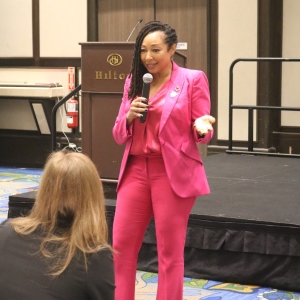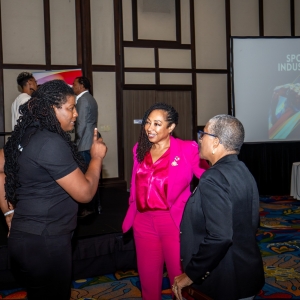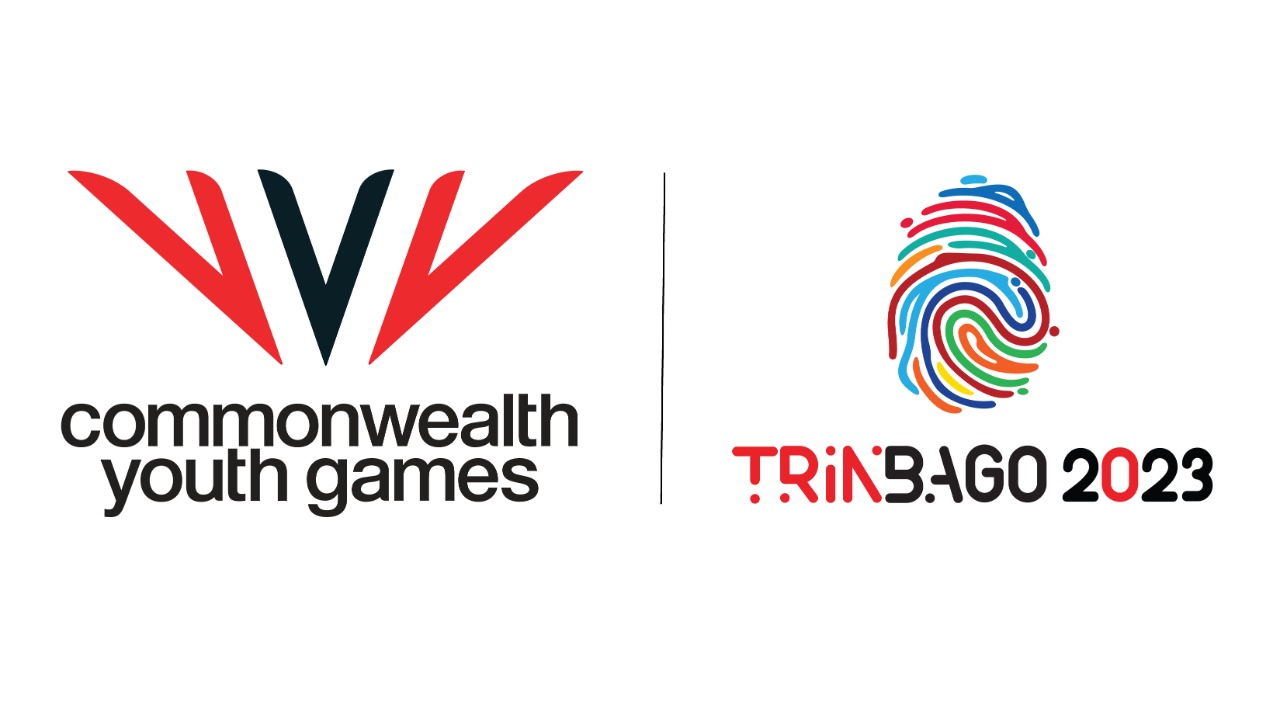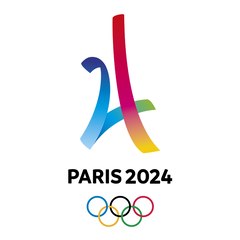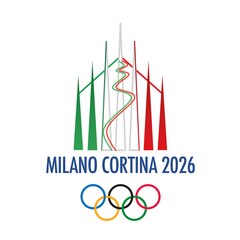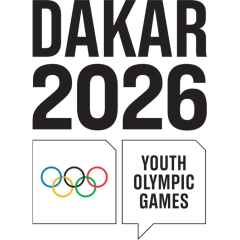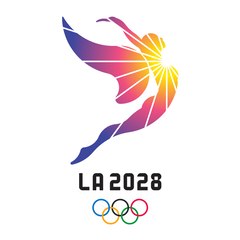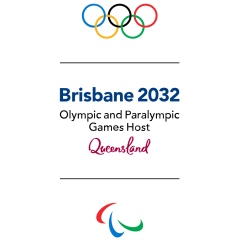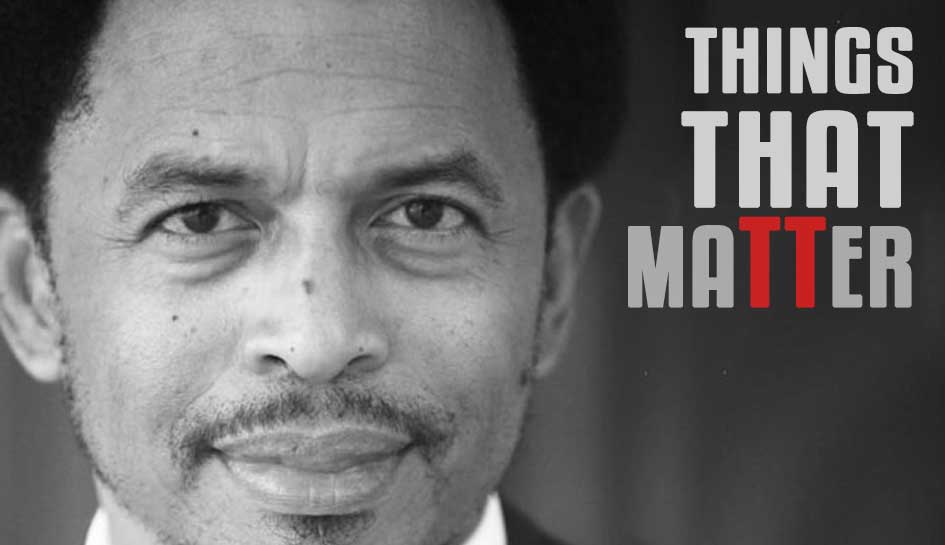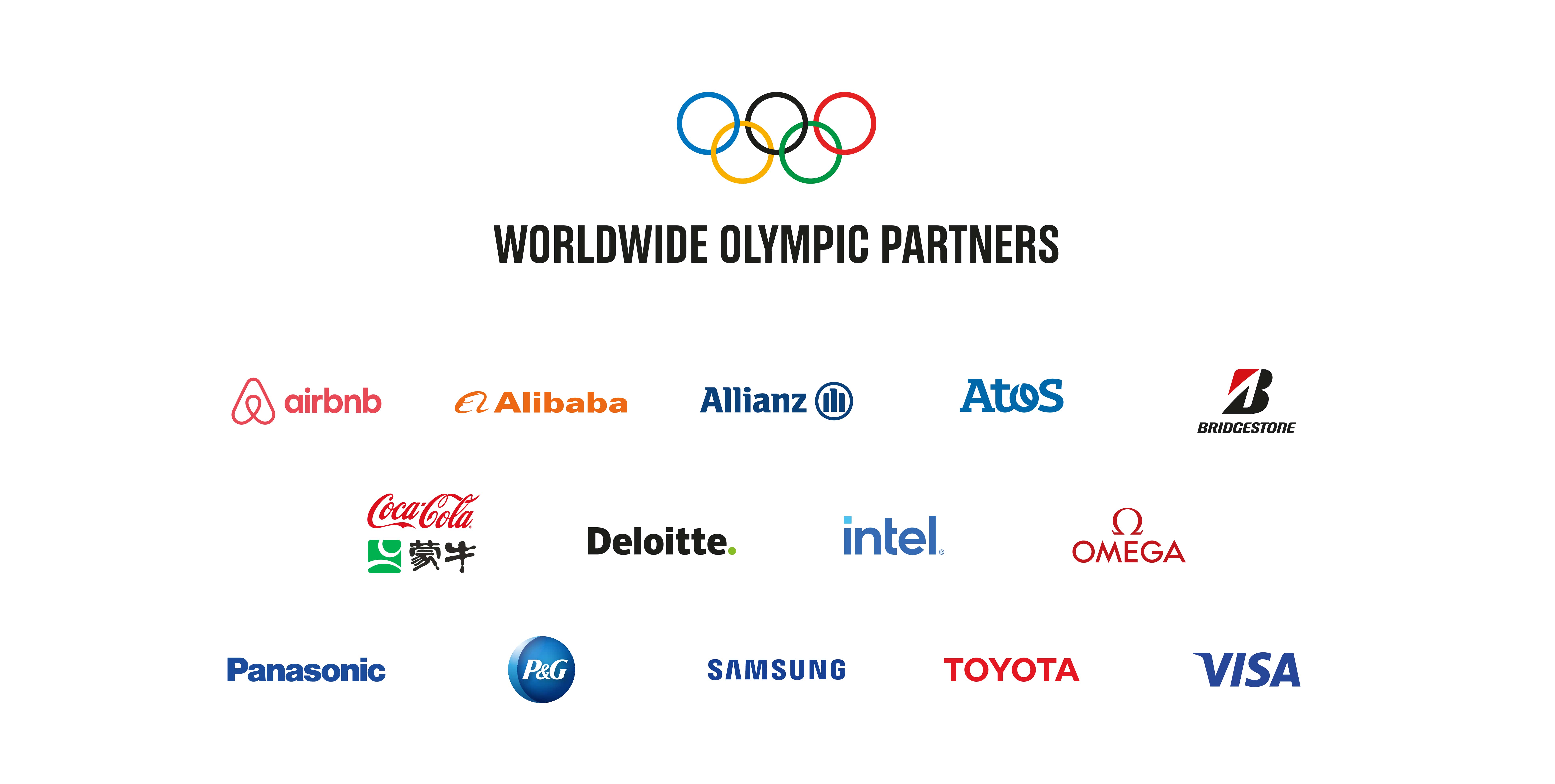The best swimmers in the world will face up to seven drugs tests ahead of August's Olympics in Rio de Janeiro, according to reports.
BBC Sport says that the policy will apply to swimmers ranked in the top ten of all 34 Olympic events in the build-up to the Games in Brazil.
Testing to that extent would represent a significant increase to what is currently carried out by the International Swimming Federation (FINA).
The governing body had already pledged to subject swimmers to "efficient, coordinated and comprehensive testing” in the build-up to the Olympics with doping currently a major issue across sport.
FINA is desperate to avoid being dragged into the mire that the International Association of Athletics Federations (IAAF) finds itself in, and has released press statements announcing a hard stance on doping amid criticism that the governing body is not doing enough.
According to the BBC, the increased testing will be carried out by national anti-doping agencies after the plan was approved by FINA last month.
Swimmers will be tested between five and seven times, but anti-doping agencies in Olympic host country Brazil, as well as China and Russia, will not be involved.
Brazil were among six nations placed on a "watch-list" by the World Anti-Doping Agency (WADA) last year to evaluate their compliance with the World Anti-Doping Code, while the Russian Anti-Doping Agency (RUSADA) were declared non-compliant by WADA after the revelations of state sponsored doping in athletics in the country.
Russia has also had a spate of doping failures in swimming, with FINA announcing that every sample collected during its 2015 World Aquatics Championships in Kazan will be removed from the Moscow laboratory at the centre of athletics' doping scandal and stored instead in the WADA-accredited laboratory in Barcelona.
The Russians hosted the World Championships for the first time in 2015, during which 645 samples were collected for analysis by the FINA Doping Control Review Board, led by Professor Andrew Pipe, as part of the in-competition testing programme.
Suspicion has also often been aimed at China with Sun Yang, an Olympic gold medallist in the 400 metres and 1,500m freestyle events at London 2012, receiving a three-month ban for Trimetazidine in May 2014.
"FINA deserves a lot of credit for embracing the voice of clean athletes," said United States Anti-Doping Agency boss Travis Tygart to the BBC.
"Partnering with independent national anti-doping organisations to implement a strategic, global pre-Rio testing plan will help protect athletes' rights and the integrity of the sport of swimming."
insidethegames has requested a comment from FINA.

